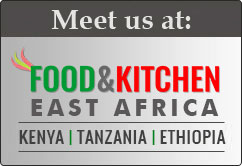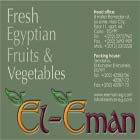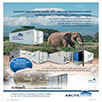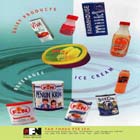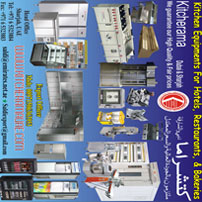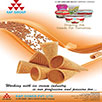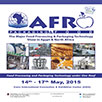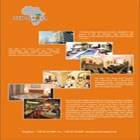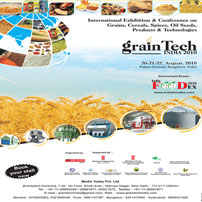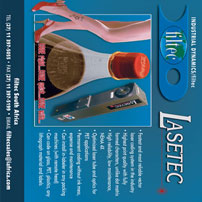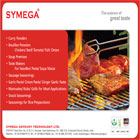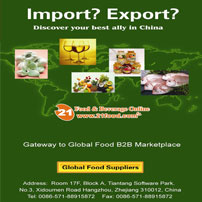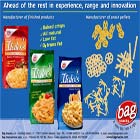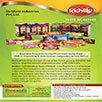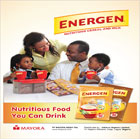Farmers Helping Farmers -Atlantic Veterinary College -Kenyan Smallholder Dairy Health Management Project
Posted on : Monday , 4th August 2014

With one of the best group of students ever, the January 2014 trip to Kenya was another huge success. Many animals received treatment or prevention interventions, many farmers received training and/or assistance, ten veterinary students (three Canadian and seven Kenyan) received clinical training in treatment and health management of dairy cattle on smallholder farms, many animal health personnel received continuing education, and six communities improved their animal health, self-sufficiency, and quality of life due to our activities. During this visit, we worked with farmers of the Ex-Lewa Dairy Co-op (ELDC), Kiamaruga Dairy Group (KDG), Lunuru Dairy Co-op (LDC), Muthiru Dairy Co-op (MDC), Podago Dairy Co-op (PDC), and Wakulima Dairy Ltd. (WDL). The farmers were very excited to have us return for another year, showing a very strong desire for veterinary services and extension in these areas. The details of these activities are described in this summary report.
On January 25th, 2014, the “Canadian vet team”, consisting of myself and three senior vet students, Marianne Parent, Mike Walker and Alex Burrows, left for Kenya with many suitcases and boxes full of veterinary medicine. Prior to leaving, a number of veterinary pharmaceutical companies provided product support for the project. These products were greatly appreciated by the vet team to enable us to provide suitable treatments for the animals that we encountered. The remaining products were left with the dairies to use after our return to Canada.
This year saw the most Kenyan senior veterinary students join the program; seven students in total joined the Canadian veterinary students, 3 during the first week, and 2 during each of the second and third weeks, respectively. The Canadian and Kenyan veterinary students learned a lot from each other and the Kenyan animal health technicians and veterinarian, particularly about life in Kenya, and the great challenges of international development work, self-sustainability, veterinary medicine, and producing & marketing milk in poor, remote areas of Kenya. The Kenyans learned about life in Canada and about some of the pertinent new techniques and theories of dairy cattle health management that are the product of recent research. Kenyans often have limited access to recent research findings due to journal fees and internet “challenges”. Interesting topics of lively discussion included tick-borne diseases, sexed semen, ovsynch, and poisonous banana tree frogs, and demonstrations were given on measuring hearth girth, body condition scoring, and making cow comfort enhancements on zero-grazing dairy farms.
The vet team also worked in collaboration with local Kenyan animal health technicians to enhance the long-term benefits of the project. The technicians joined us on farms and in seminar venues, so they received practical experience on the diagnosis, treatment, and prevention of animal diseases encountered in East Africa.
farm1While in Kenya in 2014, the veterinary team checked over 150 animals and dewormed over 500 from over 240 farms during the 3 weeks. The dairy groups and farmers often provided us with sugar cane, mangoes, bananas, papaya, and passionfruit grown on their farms, and even eggs from their chickens, to show us their appreciation. At each farm, numerous neighbouring farmers congregated, sometimes with a cow or calf in tote, to observe and ask questions regarding their cattle. It was estimated that over 750 farmers received health management information and/or services from the efforts, with most of them getting a free “Handbook for Kenya Dairy Farmers” we wrote (see photo above), paid for by Farmers Helping Farmers. The major health problems observed included infectious diseases (including East Coast Fever, anaplasmosis, and lumpy skin disease), parasite infestations, udder infections and insufficient nutrition, leading to low milk production, poor reproduction and inadequate growth.
farm2It was very encouraging to see significant improvements in farm management and production among farms visited during previous Kenyan trips. For example, one farmer named Joaro said that prior to coming to one of our seminars last year, he was getting only 4 Kg/day of milk from his cow (which is common among Kenyan smallholder dairy farmers). During the following dry period and lactation, he followed our recommendations on nutrition, cow comfort and disease control from our Handbook on Smallholder Dairy Health Management, and now he is getting 26 Kg/day from his cow, a dramatic improvement in one animal. He was doing so many things well now, from transition cow feeding and lead-feeding, to mastitis and parasite control. His cow was in great body condition, because he planted and was feeding Calliandra (a leguminous shrub) and Mulberry leaves now. He is an excellent example of a farmer learning how to farm better. Joaro thanked us with some sugar cane
Improvements were reported to us again and again. In particular, one of the dairy groups, Ex-Lewa, has continued to show remarkable progress: in 2011, the first year I started working with them, they collected 300 Kg/d from their farmers; in 2012, they had doubled that to 600 Kg/d; in 2013, they doubled it again to 1200 Kg/d; and in early 2014, they were collecting nearly 2000 Kg/d. The milk from this village is primarily sold to a cheese maker now, in a nearby town, taking all the milk they can produce, and willing to take whatever is produced. As a result, funds from the town are being distributed to this village, with obvious results: new buildings being erected, and fresh paint being applied to existing buildings, along with improved farm structures and more kids affording to go to school.
Most years in Kenya, we see many skinny calves and cows. However, this year, we were happy to see some well-conditioned calves, heifers and cows, in response to previous years’ efforts. Also, with the help of the California Mastitis Test introduced previous years, we encountered fewer cases of mastitis this year than previous years.
farm3As with other years in Kenya, one highlight of the trip was the “walk-in clinic” for cattle in the Mbaria Market area near Kiirua where animals could be examined and treated if they were sick, or simply treated with a dewormer if they were healthy and not recently dewormed. When we arrived, there were already 25 cattle waiting for us. And that was a sign of things to come. Fortunately, with a great group of students and an efficient system of examination and treatment, we were able to move over 400 cattle through the deworming handling facilities (photo to the left), and examine and treat 60 sick animals in one (very long) day. In this part of Kenya, cattle are not zero-grazed, but rather are walked to pastures for grazing, so we can see many more animals that can come to us than we are able to see when we have to go to the animals.
It is always wonderful to go to Kenya to work with the Kenyan people. They are so appreciative of what we offer, and such happy people, despite living in poverty. This attitude certainly helps us to put things in the right perspective, and to really appreciate what we have in Canada. I look forward to going back to Kenya again in 2015 to continue to assist these dairy groups toward self-sufficiency, not “giving them a fish” but rather “teaching them how to fish better”. Thank you again to all our supporters for your assistance in making this all possible.
Source : www.bimeda.co.ke





